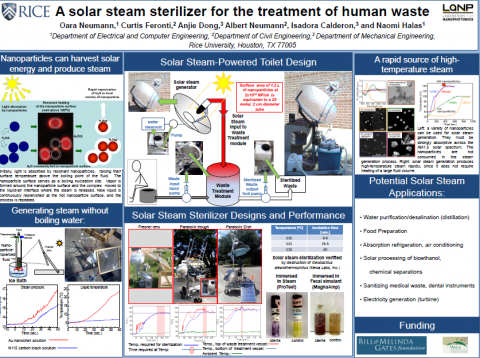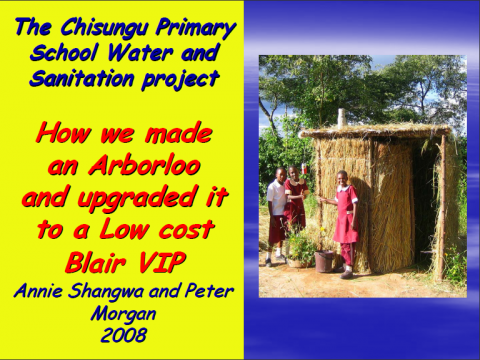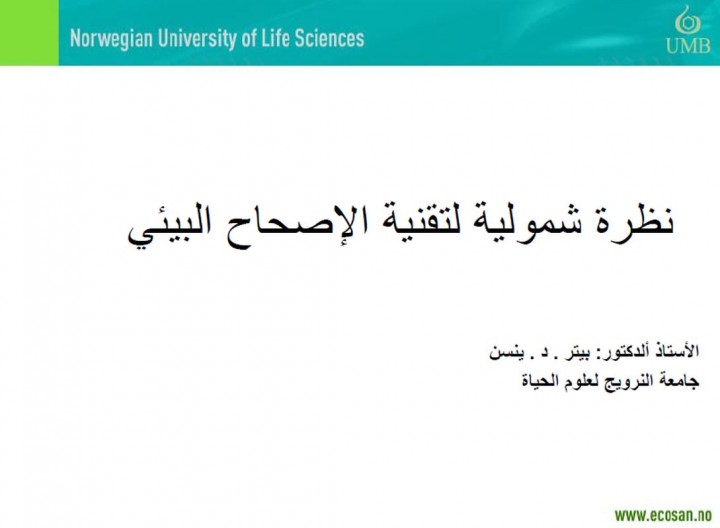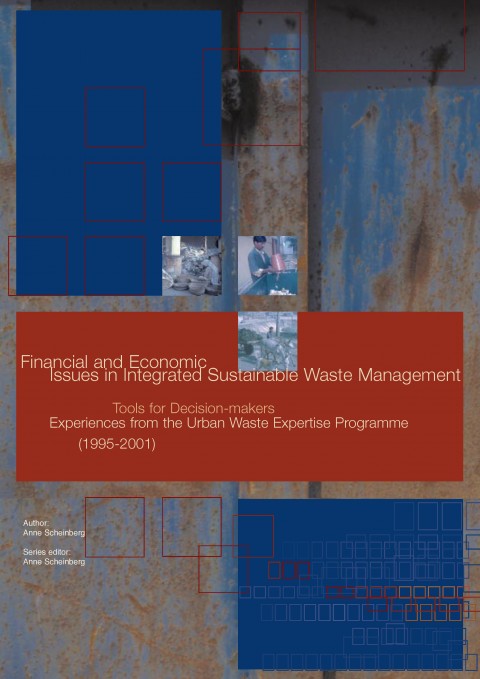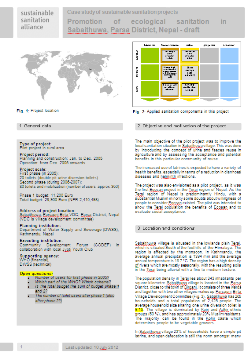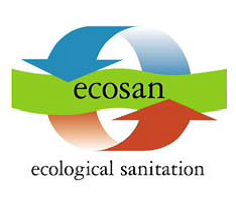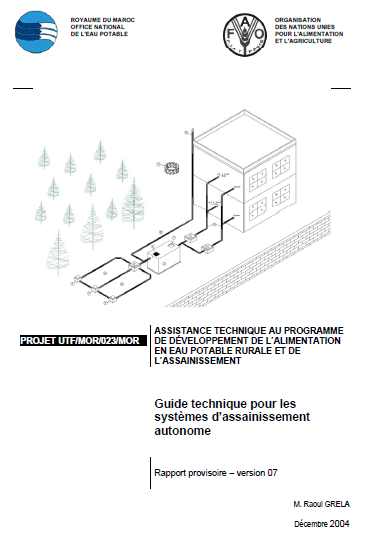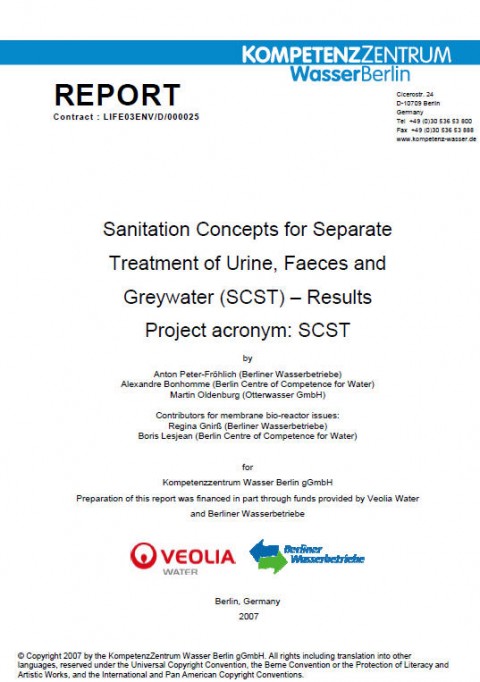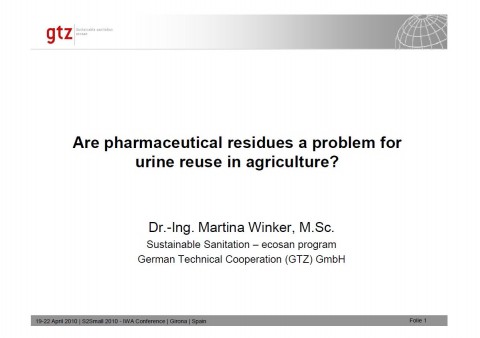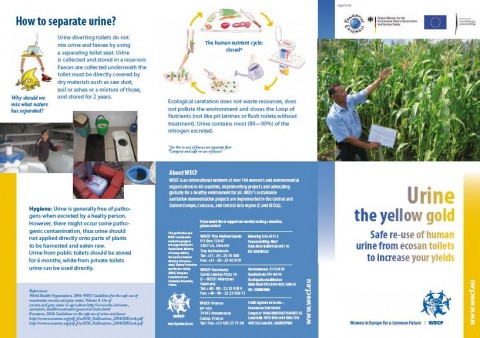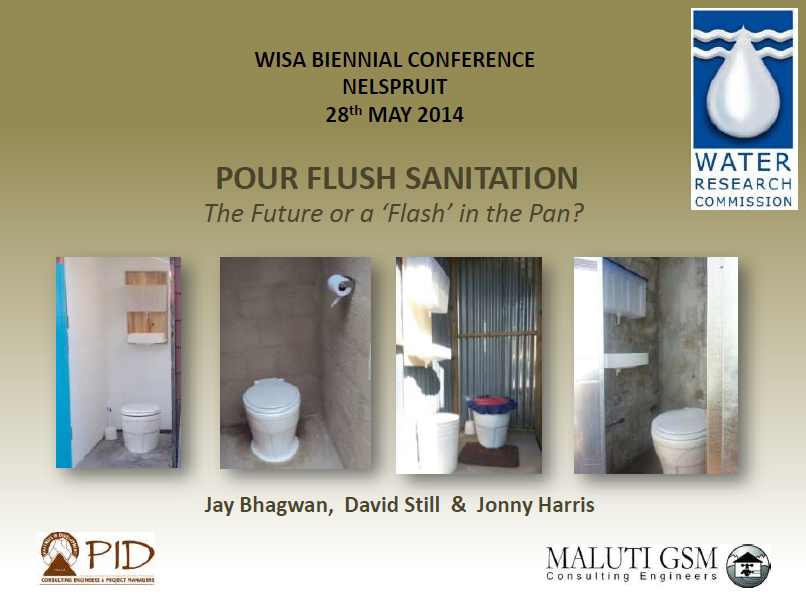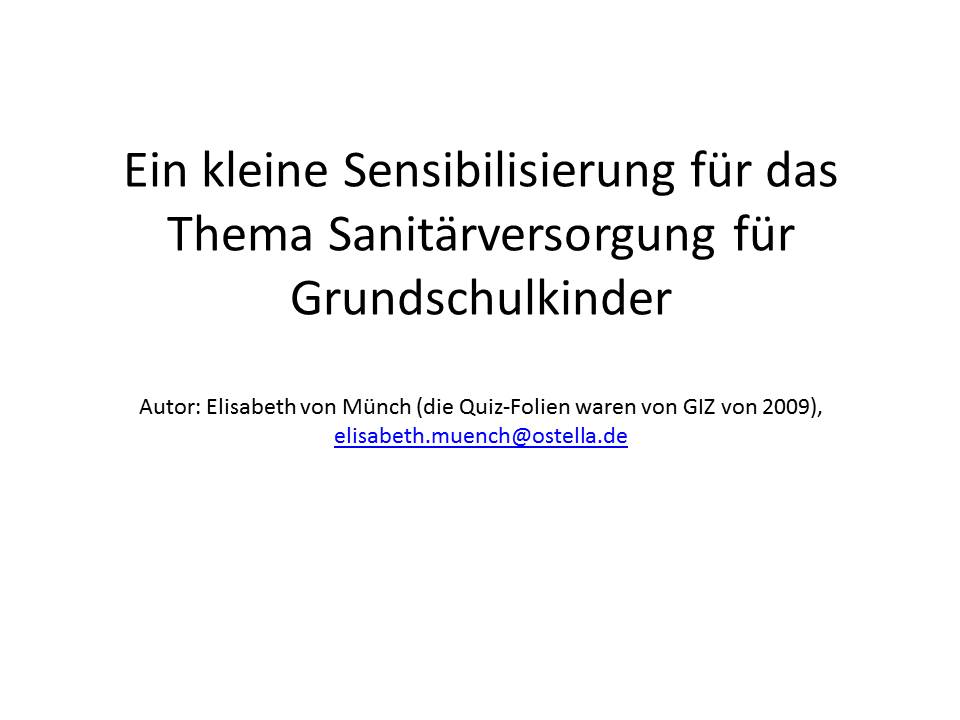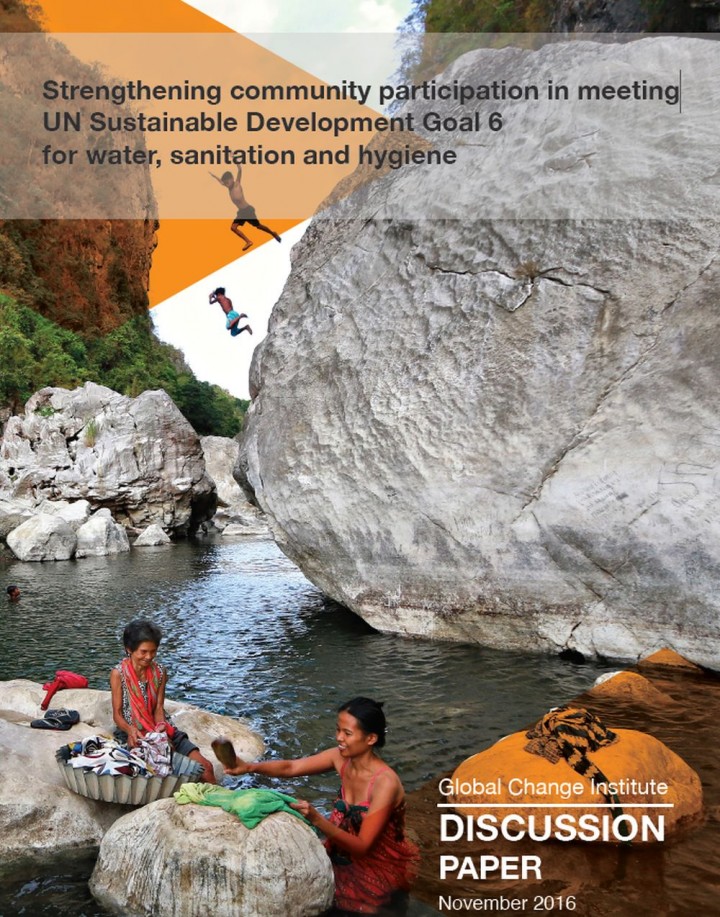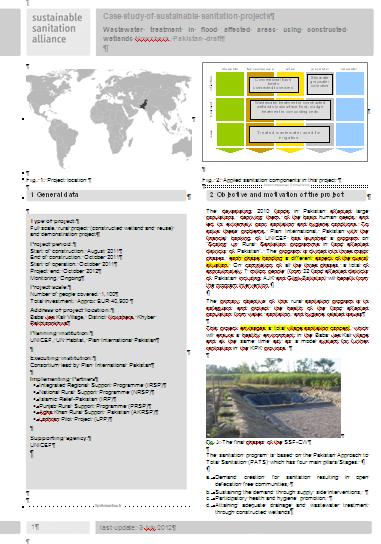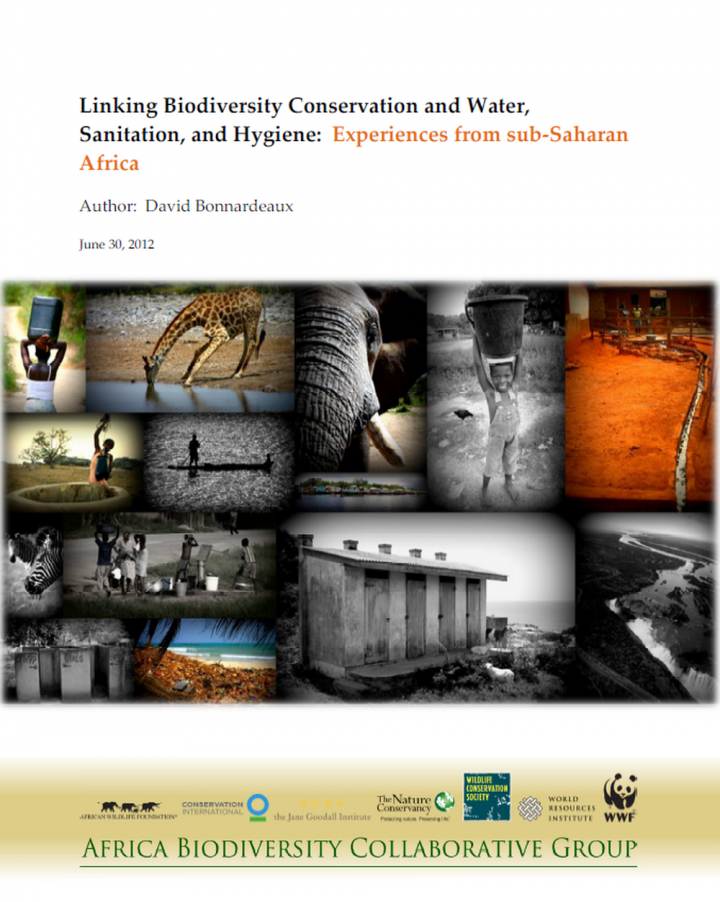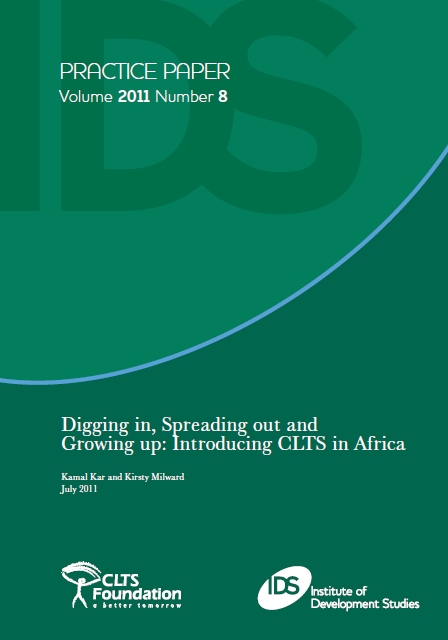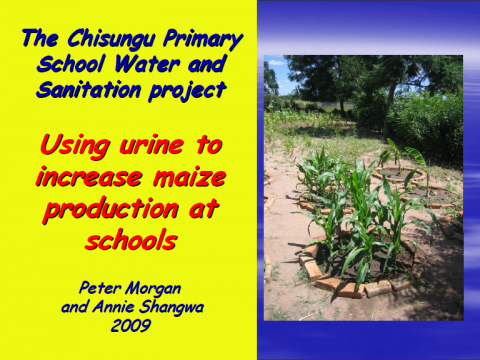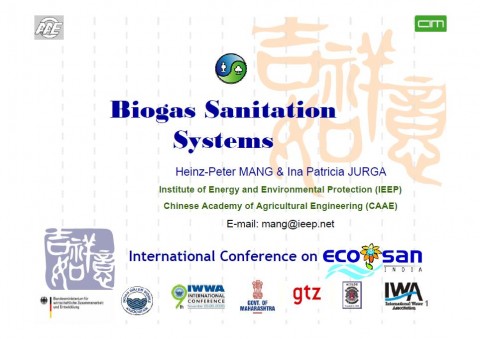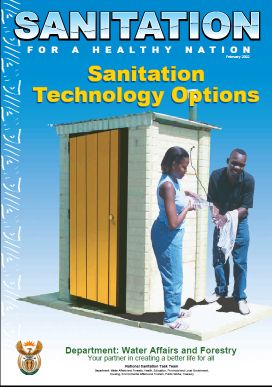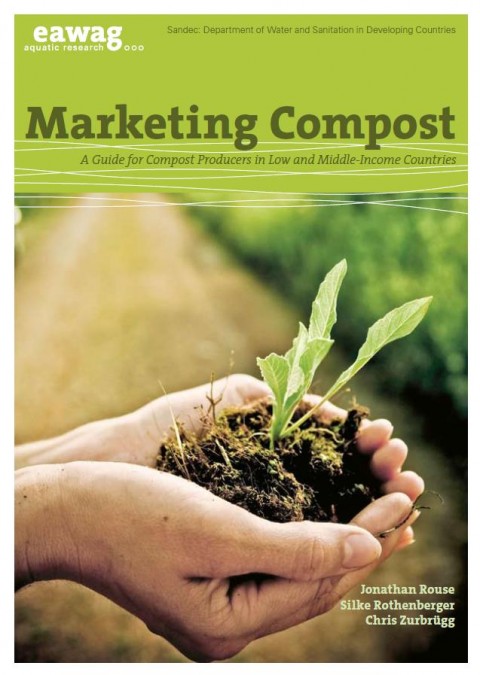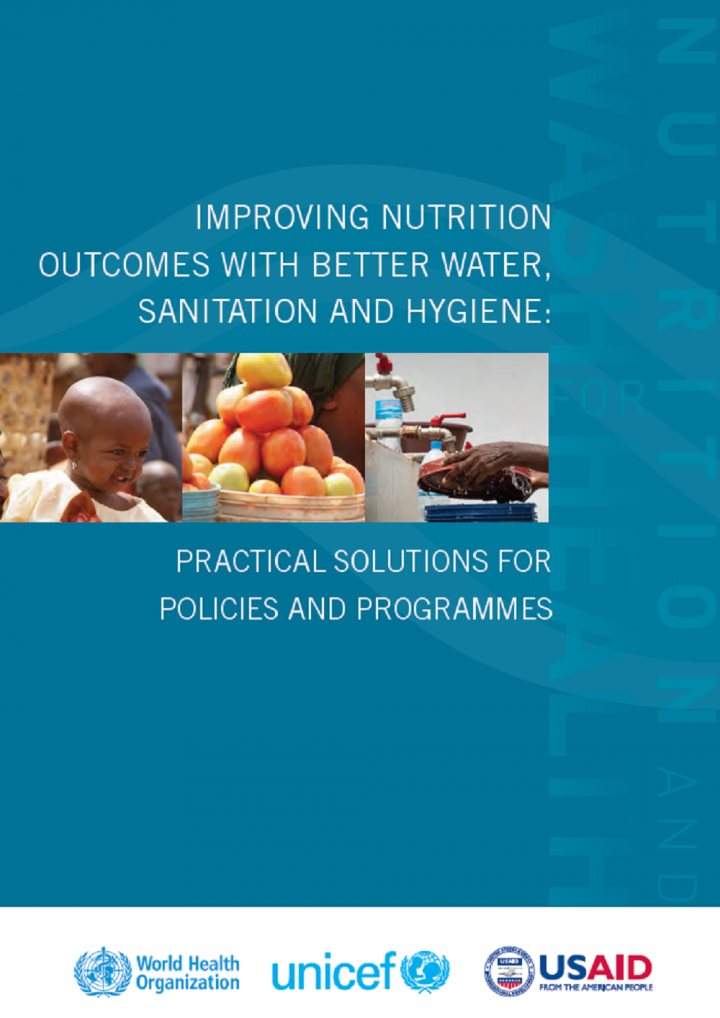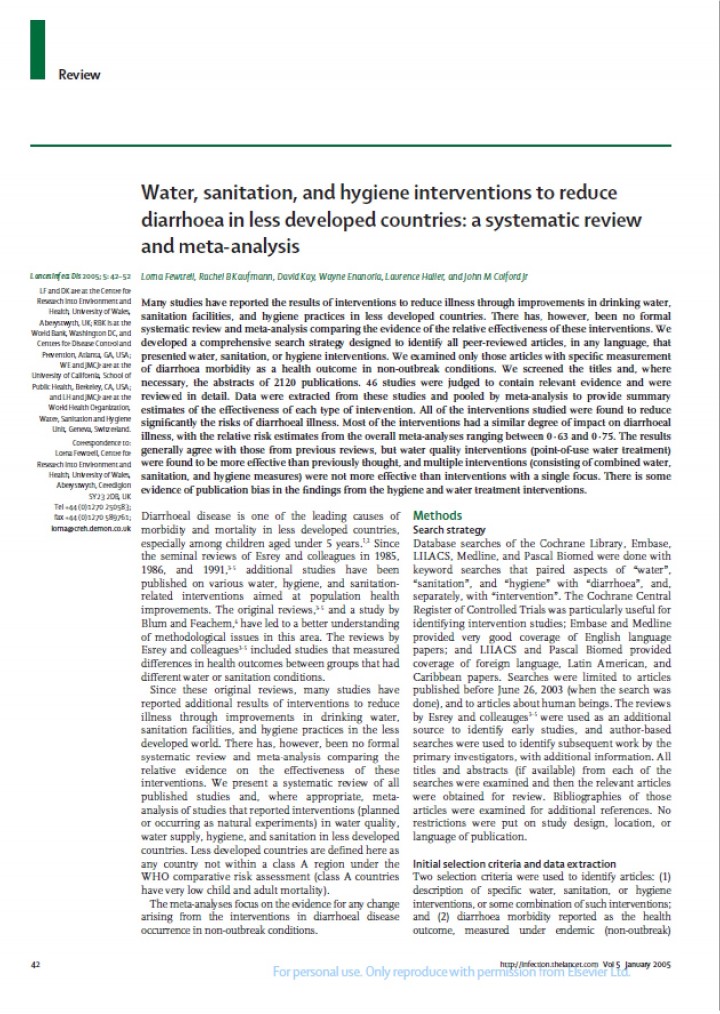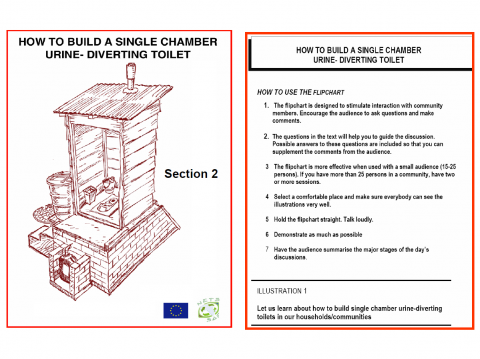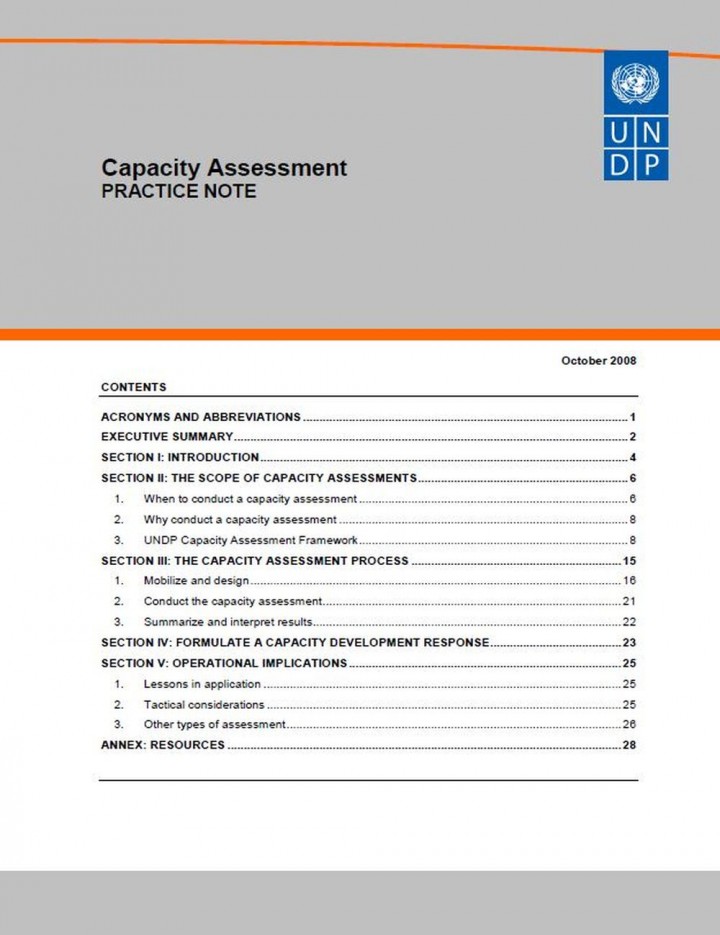Searching for information on Sanitation Workers?
The Sanitation Workers Knowledge + Learning Hub is the best source for all current news, trends, articles and updates on sanitation workers rights around the world.
Countries have much work to do to achieve the UN Sustainable Development Goals by 2030. But development projects don’t always go the way you expect. A resettlement project in Laos recently provided taps and toilets as a way to improve hygiene and health outcomes for communities. But on revisiting the resettled village, the project team was dismayed to find that the new brick toilet facilities …
This white paper is an evidence-based review of how implementers have integrated Water, Sanitation and Hygiene (WASH) and freshwater ecosystem conservation to date in sub-Saharan Africa (SSA). The report takes stock of a selection of experiences from projects taking a more holistic approach to conservation and development.
This publication, jointly prepared by WHO, the United Nations Children’s Fund (UNICEF) and the United States Agency for International Development (USAID), summarizes the current evidence on the benefits of WASH for improving nutrition outcomes and describes how WASH interventions can be integrated into nutrition programmes. It provides practical suggestions, targeted at nutrition programme …
Many studies have reported the results of interventions to reduce illness through improvements in drinking water,
sanitation facilities, and hygiene practices in less developed countries. There has, however, been no formal systematic review and meta-analysis comparing the evidence of the relative effectiveness of these interventions. A comprehensive search strategy designed to identify all …
The achievement of the Millennium Development Goals and other international and national development targets hinges on capacities of individuals, organizations and societies to transform, in order to reach their development objectives. While financial resources, including official development assistance, are vital, they are not enough to promote sustainable human development. Without supportive …

